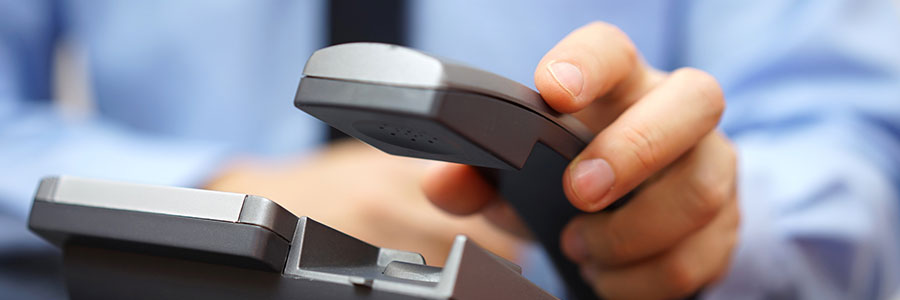Voice over Internet Protocol (VoIP) has long been a reliable business communication tool. With a wide array of benefits like scalability, cost-efficiency, and security, VoIP provides organizations with an effective collaboration platform that’s cheaper than traditional phone systems.
But despite its many advantages, VoIP is not immune to cyberattacks. If a VoIP phone solution is not properly configured, for instance, cybercriminals can take advantage of vulnerabilities to steal sensitive data. Hackers may also threaten to publish the data publicly unless a ransom is paid.
What are the signs that your VoIP system has been hacked? Here are just a few:
1. High phone bills
One of the benefits of VoIP is affordability. With free VoIP to VoIP calls and fixed setup and running costs, your monthly bills are predictable and manageable.
If your system has been hacked, however, you may see a sudden spike in your VoIP bills. This is caused by cybercriminals making unauthorized VoIP calls to premium-rate or international numbers.
If this happens, alert your VoIP provider as soon as possible to reverse any unwanted charges.
2. Call history irregularities
A call history doesn't just only help in reviewing conversations and controlling costs, but it can also help organizations detect anomalies and irregularities in the VoIP system.
For instance, if your company is based in the United States and you notice an unusual number of calls to a country where you don't have any clients, your VoIP system might have been hacked.
Keep an eye out for calls originating from unknown numbers and unusual locations. Check as well if the numbers listed in your call history or phone bill match the numbers in your business’s contact list. If you detect a pattern of irregular calls, have your VoIP provider investigate immediately.
3. Sudden website redirects
With VoIP, phone calls travel on the same network used for other data like documents and email. However, this also makes it easier for cybercriminals to hack into your VoIP system. This means that if they can gain access to your sensitive data, they can also tamper with your VoIP network.
One of the signs that you have been hacked is if your internet searches are redirected for no reason. You may also find that browser extensions are installed without your permission.
To protect your VoIP system from hackers, experts recommend having a separate network for VoIP calls. Make sure as well that your system is logged out of your admin portal and turned off when not in use.
Related reading: 7 VoIP security best practices
4. Fake antivirus popups
While using VoIP platforms, you may encounter messages warning you that your computer is infected with viruses and urging you to download antivirus software immediately. However, these are only scareware, or malicious software that trick users into visiting malware-infested websites or downloading fake security software.
When you encounter such messages, disconnect your VoIP system from the internet and have your service provider scan your system for potential malware infections.
5. Automatic activation of microphones and webcams
VoIP systems support video calls and meetings. However, cybercriminals can exploit software vulnerabilities in webcams and microphones used in VoIP calls to spy on your business and steal sensitive information.
If these devices suddenly activate and record conversations, it is a sure sign that your VoIP system has been compromised. Alert your service provider immediately so they can rectify the issue and ensure that hackers will no longer be able to eavesdrop.
Ensure secure and reliable communications with your vendors, clients, and colleagues through Safebit’s VoIP services. Our business phone solutions are scalable and easy to manage, so you can make the most out of your investment. We’ve even partnered with the best VoIP vendors in the industry like Sangoma, Polycom, and Yealink. To know if it’s time for your business to embrace VoIP, download our FREE eBook today.


